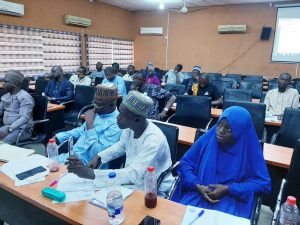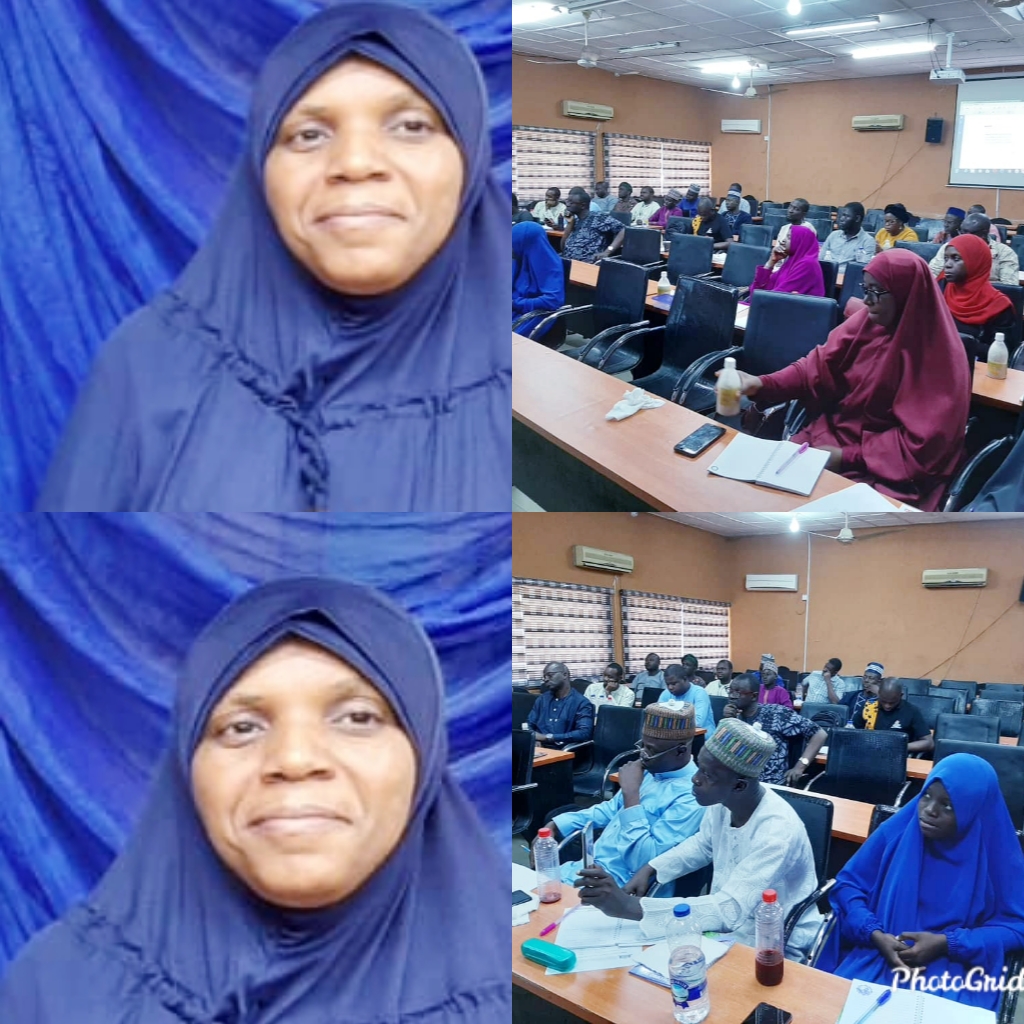The Director, Citiserve, Dr. Jibril Salaudeen has argued that the land border closure policy of President Buhari’s administration has opened an array of opportunities for Nigerians in various sectors of the economy, noting that local producers now witness increased patronage of their products.
Salaudeen said this while speaking with Muslim News at a one day seminar organised by the Institute of Islamic Finance Professionals (IIFP) over the weekend at the Faculty of Science Hall, University of Lagos, with the theme, “Islamic Finance: Tapping the Potentials”.
According to him, “We can see from the aftermath of the border closure that a lot of SMEs now have opportunities to sell more of their products in the country, particularly those in the agricultural sector of the economy. People in the fashion industry and the pharmaceutical sector the economy have benefited as well.

“It has opened a lot of opportunities for people to actually bring out their wares and sell them. It has also assisted us to save forex. The much needed products, the locally produced goods, and local manufacturers are now able to come up to showcase what their capabilities and capacities,” he added
Salaudeen, who is also a fellow of the Institute of Islamic Finance Professionals (IIFP), noted that one of the instruments countries in the world deploy to grow their economy is border closure, urging Nigerians to also grow Nigeria by buying Nigeria.
“There’s no country in the world that can do it on its own. However, one of the instruments a lot of countries have used to develop themselves is that they have been able to shut themselves back for a while.
“India, for instance, had to introduce the Be India, Buy India. For several years they had to shut down their borders to grow their economy. A lot of other Western economies also did the same thing to grow their economy. So, why not us?,” he asked.

Speaking further, he said, “These are opportunities for us to actually look back and say we want to grow our economy. We don’t want to import toothpick into Nigeria. We don’t want to import stationeries into Nigeria. This is the time for us to actually develop our local capacity in Nigeria and export to other parts of the world.
“If you are a Nigerian, buy what is made in Nigeria; eat what is made in Nigeria. Be proud to be a Nigerian. Live in Nigeria. Make your money in Nigeria. Spend your money in Nigeria. Let us grow our own economy. Let us stop spending our local earnings to grow foreign economies,” he advised.
Other Speakers who shared their knowledge on the theme at the seminar are Dr. Tajudeen Yusuf and Hajiah Wasilat Olanrewaju-Odesina. Read their reports HERE and HERE.



